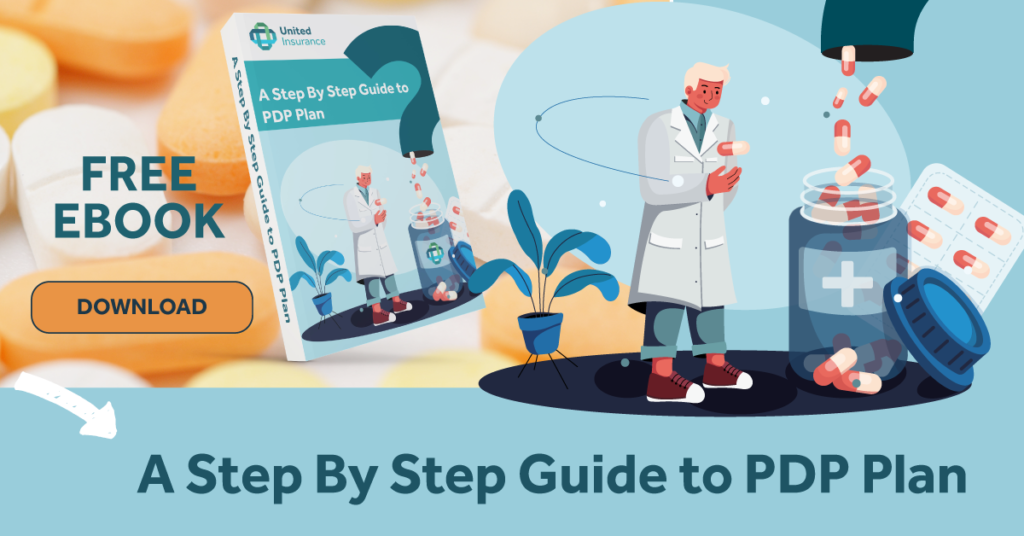
Medicare beneficiaries will be receiving renewal forms in the mail this year. There has been a lot of confusion about whether or not beneficiaries need to renew their Medicare coverage. We want to clear up some of that confusion and help you understand what you need to do. In this blog post, we will discuss Medicare renewal and answer some common questions about the process.

Medicare Coverage Renewal
There are some exceptions where you’ll need to take action to continue your coverage. There are some situations where your Medicare Advantage plan. Or your stand-alone Medicare Part D Plans do not automatically renew.
- Your plan reduces its service area, and you now live outside of its coverage area.
- Your plan doesn’t renew its Medicare contract for the upcoming year.
- Your plan leaves the Medicare program in the middle of the year.
- Medicare terminates its contract with your plan.
If your Medicare plan doesn’t renew its contract with Medicare for the coming year. Or your Special Election Period will run from December 8 to the last day of February of the following year. If you have Medicare Advantage Product and don’t enroll in a new plan. The date that your current plan ends its contract with Medicare, you’ll be automatically returned to Original Medicare.
Keep in mind that your new coverage starts on the first day of the month after you submit your enrollment application, meaning if you apply on February 8, your new Medicare plan wouldn’t begin until March 1.
You’ll also get a three-month Special Election Period if your Medicare Advantage or Medicare Part D Prescription Drug Plan terminates its contract with Medicare. This period starts two months before the contract ends and runs an additional month after the contract ends. If Medicare terminates your plan’s contract, you will have a Special Election Period that begins 1 month before the termination effective date and ends 2 months after the effective date of the termination.
Does Medicare Part A Need to be Renewed Each Year?
While you may not need to renew your Medicare Part A coverage or any of your other Medicare plans, it’s still a good idea to review your coverage annually. Benefits, provider and pharmacy networks, drug formularies, and cost-sharing can all change from year to year and affect how much you pay out of pocket. Comparing plans annually is one way to make sure your coverage continues to meet your health needs and budget.
Do I Need To Renew Part B of Medicare?
If you have Medicare Part B, you usually don’t need to renew it. However, you may want to review your coverage each year during open enrollment (from October 15 to December 7th.
You can also make changes to your Part B coverage if you have a life-changing event, such as losing other health coverage, getting married, or moving. You have a Special Election Period (SEP) to make these changes.
If you don’t enroll in Part B when you’re first eligible, you may have to pay a late enrollment penalty. You may also have a gap in coverage if you need medical care and don’t have Part B.
When Do I Renew My Medigap Policy?
If you have a Medigap policy, you’ll need to renew it when your Medicare Part B coverage renews. This is usually every year on January 01st. However, if you have a life-changing event, such as losing other health coverage, getting married, or moving, you may be able to switch your Medigap policy.
You can also shop for a new Medigap policy during open enrollment from October 15th to December 07th.
When Do I Renew My Medicare Part D Coverage?
Your Medicare prescription drug coverage (Part D) will automatically renew each year. However, you should review your coverage annually to make sure it still meets your needs. Drug formularies and costs can change from year to year, so it’s important to compare plans annually during open enrollment (from October 15th to December 07th).
You may also be able to switch Part D plans if you have a life-changing event, such as losing other health coverage, getting married, or moving. You have a Special Election Period (SEP) to make these changes.

What Happens If I Don’t Renew My Medicare Coverage?
If you don’t renew your Medicare Advantage or Part D coverage and you’re not eligible for a Special Election Period, you’ll be automatically enrolled in Original Medicare. If you want prescription drug coverage, you’ll need to join a stand-alone Part D plan or get a Medicare Advantage Plan that includes prescription drug coverage.
You may also have to pay a late enrollment penalty if you don’t enroll in Part B when you’re first eligible or you have a coverage gap.
If you have any questions about your Medicare Coverage or how it affects you with secondary insurance. Give us a call so we can go over all your options.
